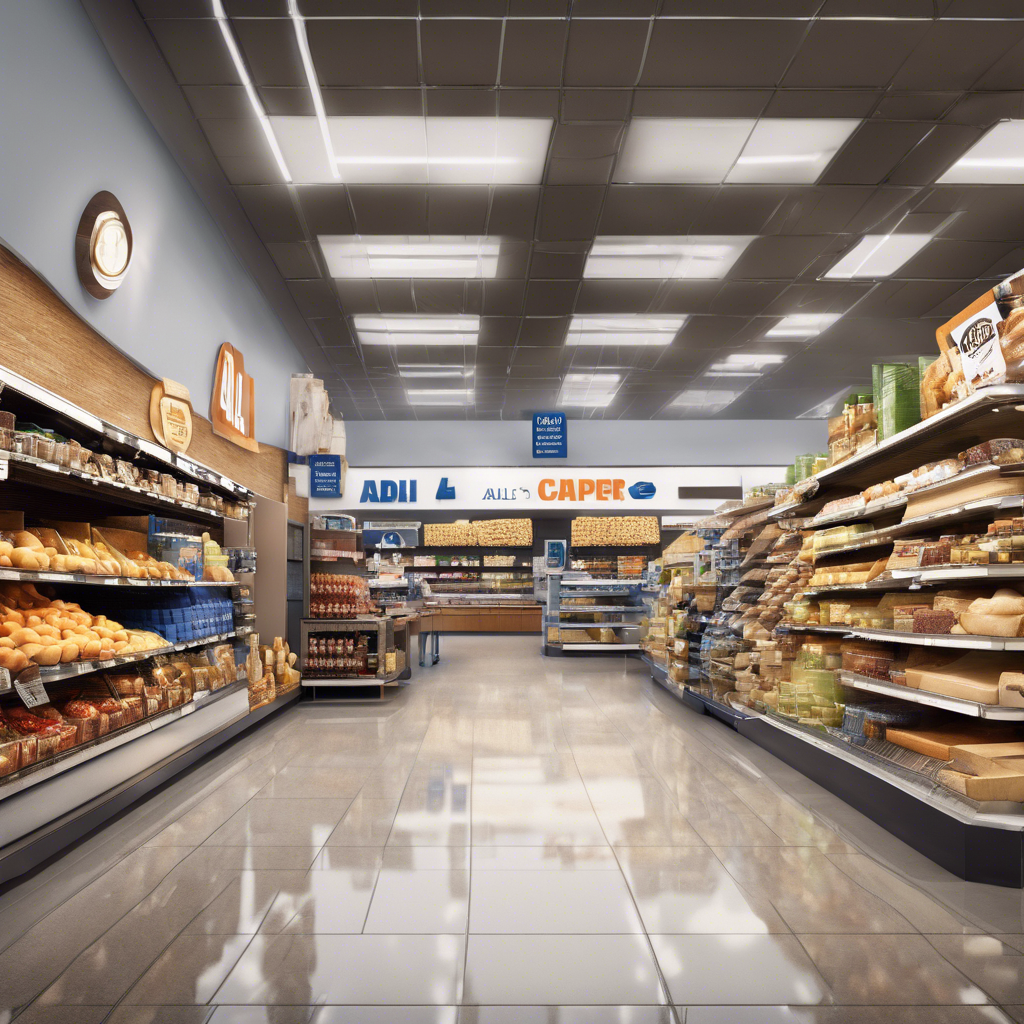Unraveling the Mystery: Aldi's Chapter 11 Bankruptcy and the Closure of 1,800 Stores
- edu.plus.weatherray Rome
- Jul 29, 2024
- 2 min read
In recent shocking news, Aldi, the renowned global supermarket chain, has filed for Chapter 11 bankruptcy, a move that signals challenging times ahead for the company. This unexpected announcement has sent ripples through the retail industry and left many wondering about the future of one of the most beloved grocery brands in the world.
The Story Unfolds
The decision to file for Chapter 11 bankruptcy protection is a strategic move by Aldi to restructure its operations and finances amidst a highly competitive market landscape. With over 1,800 stores set to close soon, the impact of this decision is far-reaching, affecting not only the company itself but also its employees, suppliers, and loyal customers.
Understanding Chapter 11 Bankruptcy
Chapter 11 bankruptcy is a legal process that allows companies to reorganize their debts while continuing to operate their business. By filing for Chapter 11, Aldi aims to streamline its operations, reduce debt, and emerge stronger and more competitive in the long run. This move provides the company with the opportunity to reassess its financial commitments and make necessary adjustments to secure its future sustainability.
What Does This Mean for You?
For Aldi customers, the impending closure of 1,800 stores may bring about changes in their shopping routines and preferences. It's essential to stay informed about store closures in your area and explore alternative shopping options during this transition period. While these developments may be concerning, it's crucial to remember that Aldi is taking proactive steps to navigate through these challenging times and ensure its long-term viability.
Looking Ahead
As Aldi navigates through this period of transition, it remains committed to providing quality products and excellent customer service. The company's focus on value, innovation, and customer satisfaction continues to drive its operations, despite the temporary disruptions caused by the Chapter 11 bankruptcy proceedings.
Conclusion
The news of Aldi's Chapter 11 bankruptcy filing and the closure of 1,800 stores has undoubtedly sparked conversations and raised questions within the retail community. While these developments may present challenges, they also pave the way for Aldi to create a more sustainable and resilient business model for the future. As we follow Aldi's journey through this restructuring process, let's remember that change is often a catalyst for growth and innovation in the business world.
Remember to stay tuned for updates on Aldi's restructuring efforts and store closures as the company navigates through this transformative phase. Let's continue supporting Aldi and embracing the changes that lie ahead, knowing that every challenge is an opportunity for progress and renewal.




Comments